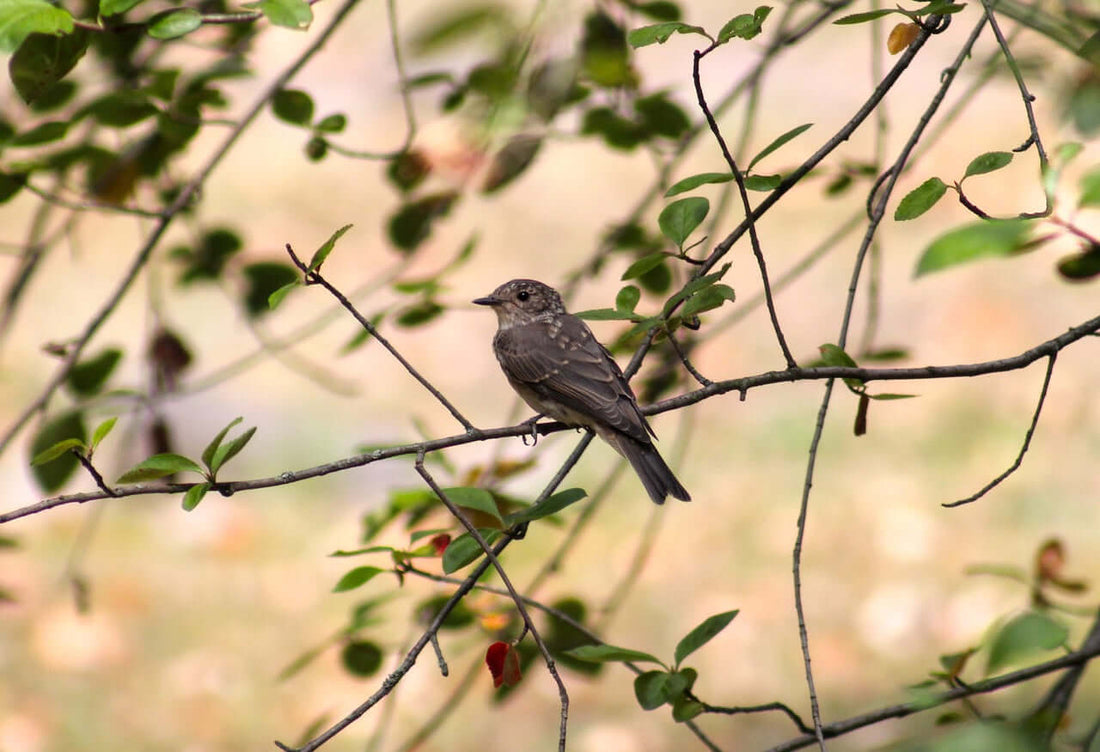
Dangers to farmland birds
Share
A new study has found that the increased use of pesticides and fertiliser is pushing the decline of farmland species.
European farmland bird species, since 1980 and 2016, have more than halved, according to a new study led by the RSPB.
The research monitored 20,000 sites across twenty-eight European countries over a long period of 37 years. Farmland birds that rely on invertebrates for food seem to have been hardest hit, amongst the most affected are the already red-listed birds like swifts and spotted flycatchers.
Intensive agriculture, including the surge in use of pesticides and fertiliser is being blamed.
In the past, many studies have tried to work out why bird species are declining in the UK, but this is the first time that the best data available has been used to study Europe too.

It’s an across border project that can help to turn the fortunes of these birds around and help to understand the natural world.
Evidence found, strongly suggested that the UK government needs to implement support for farmers, so they can reduce their pesticide use in their work. If possible, it would be positive to find alternative, nature-friendly methods.

Furthermore, researchers found a correlating link between a change in forest cover, climate change and urbanisation and a decline in certain bird populations.
From the study, it is clear that action needs to take place sooner rather than later. To keep our wonderful wildlife thriving, it is vital that time is spent looking into alternative methods, as well as these methods being used on the day to day.
Written by Angela & Julianne

